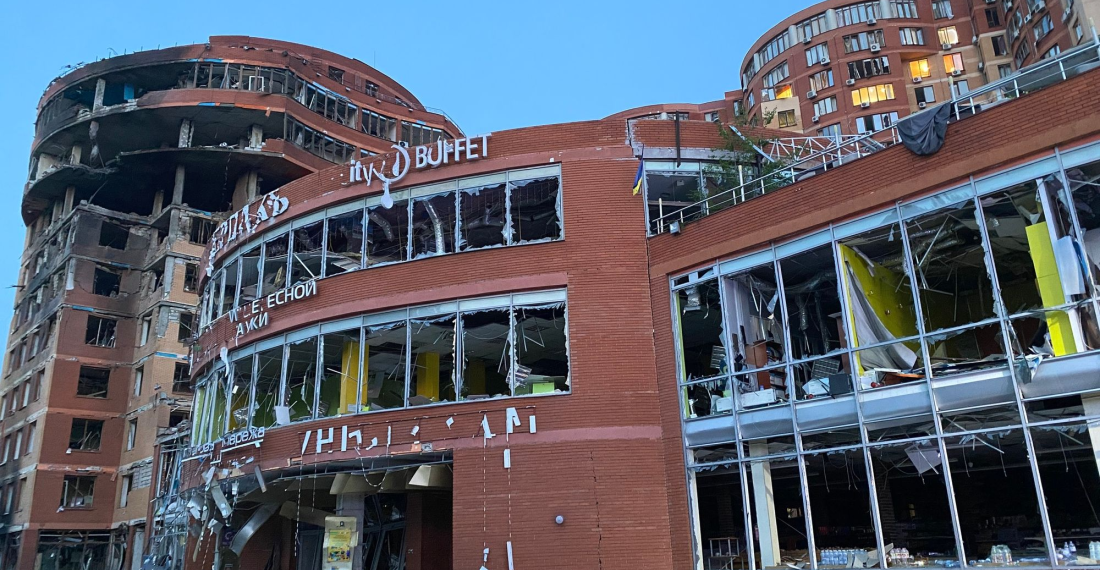The past two days have seen Russian missile and drone strikes targeting the Ukrainian cities of Kryvyi Rih, Odesa, and Kramatorsk and Kostiantynivka in Donetsk Oblast, in total killing at least 18 people and injuring at least 50.
At approximately 3.20am on Tuesday morning (13 June), only one of six missiles fired by Russian forces at the home town of Ukrainian President Volodymyr Zelensky breached air defenses, striking an appartment block and a food warehouse. As of 9am CET on Wednesday (14 June), Ukrainian authorities have said the strike has killed 12 people, and injured at least 35.
More than 70 residential buildings were also damaged as a result of the missile strike, as well as three schools, three buildings of two other educational institutions, and a dormitory.
Then, at approximately 2.30am on Wednesday morning, reports emerged of another Russian overnight attack on the southern city of Odesa. Ukraine's Southern Command has reported that at least 3 people were killed by a strike on the warehouse of a retail chain, which caused a large fire. Two out of four missiles were shot down by Ukrainian air defenses, and at least 13 people have been injured.
In a third attack within just over 24 hours, Russian missiles struck the eastern Ukrainian cities of Kramatorsk and Kostiantynivka in Donetsk Oblast at approximately 5am on Wednesday morning. Governor of Donetsk Oblast Pavlo Kyrylenko wrote that two were killed and two were injured in Kramatorsk, while one was killed and one was injured in Kostiantynivka.
Five private houses were destroyed and 20 more damaged in Kramatorsk, while in Kostiantynivka two were destroyed and 55 damaged.






